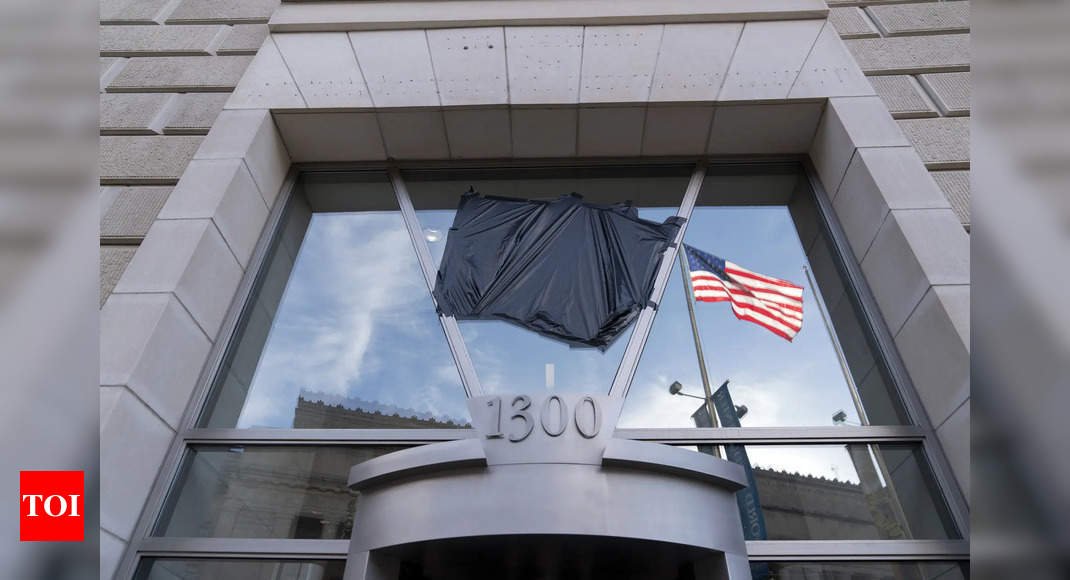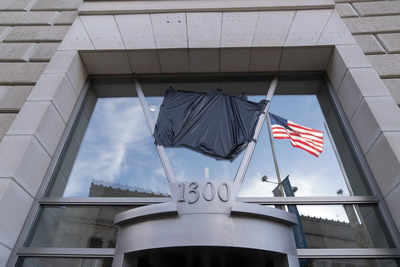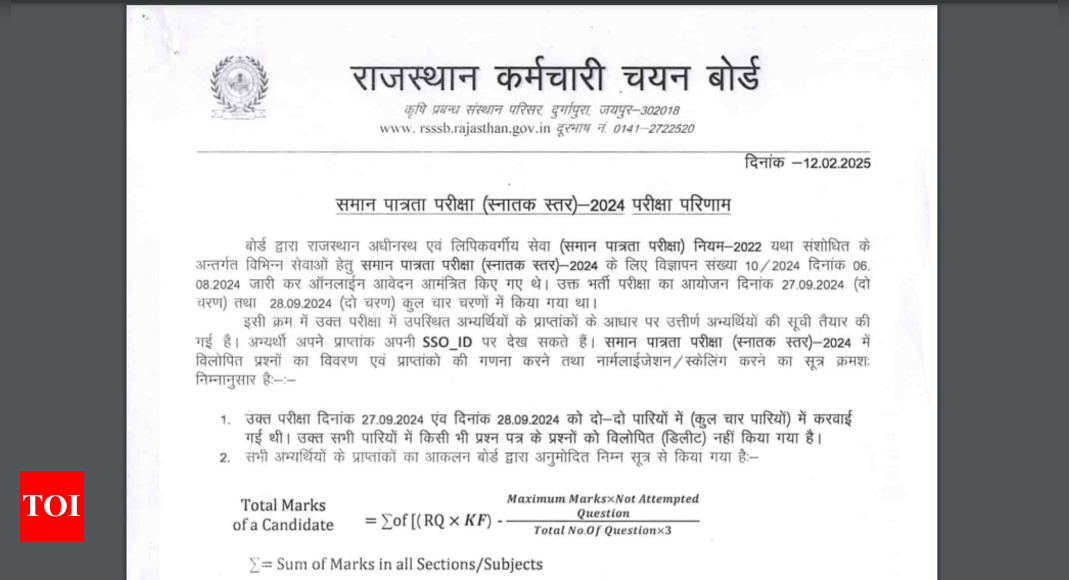The evolving landscape of US immigration policy has long been a subject of national discourse, balancing the imperatives of job protection and national security against the potential economic and educational repercussions. Under President Donald Trump’s administration, immigration reforms have intensified, casting a spotlight on the future of American business schools, which have historically depended on international talent to maintain both financial viability and academic distinction.
Financial backbone threatened
US business schools, particularly those offering MBA programs, heavily depend on international students who often pay full tuition and contribute significantly to institutional revenue. Unlike other graduate programs, MBAs are less likely to receive federal funding, making tuition fees a primary financial pillar. Stricter visa policies—including limitations on F-1 and H-1B visas—could reduce international enrollment, impacting business school budgets and potentially leading to higher tuition costs for domestic students.
Executive education at risk
Many top business schools generate substantial revenue through executive education programs attended by international corporate leaders. Immigration restrictions may discourage multinational corporations from sending employees to US-based executive education courses, shifting demand to business schools in Canada, Europe, and Asia. This decline in participation could result in reduced funding and diminished industry collaborations, weakening the connection between academia and global business practices.
Reduced internship prospects for MBA students
Business school students rely heavily on internships to gain real-world experience, often leading to full-time job offers. With stricter immigration rules, firms may hesitate to sponsor international MBA students for internships and full-time positions due to uncertainties surrounding work visas. This could make US MBA programs less attractive compared to counterparts in countries with clearer pathways to employment, reducing their appeal among global applicants.
Lack of diversity in business case studies
Business schools pride themselves on a diverse student body, which enriches discussions and case studies with varied cultural and business perspectives. A decline in international student enrollment would limit the range of experiences brought to classroom discussions, potentially making business education more US-centric and less globally relevant. Case-based learning, a cornerstone of MBA curricula, could become less dynamic, affecting the quality of business education.
Decline in startup ecosystem and entrepreneurship
Many international MBA graduates contribute to the US startup ecosystem, with business schools often serving as incubators for new ventures. Visa restrictions may deter entrepreneurial-minded students from enrolling in US business schools, leading to a decrease in startup activity. Programs such as the H-1B visa and the International Entrepreneur Rule have historically facilitated foreign-born entrepreneurs in launching businesses in the US—tightening these pathways could stifle innovation and reduce the economic contributions of MBA graduates.




